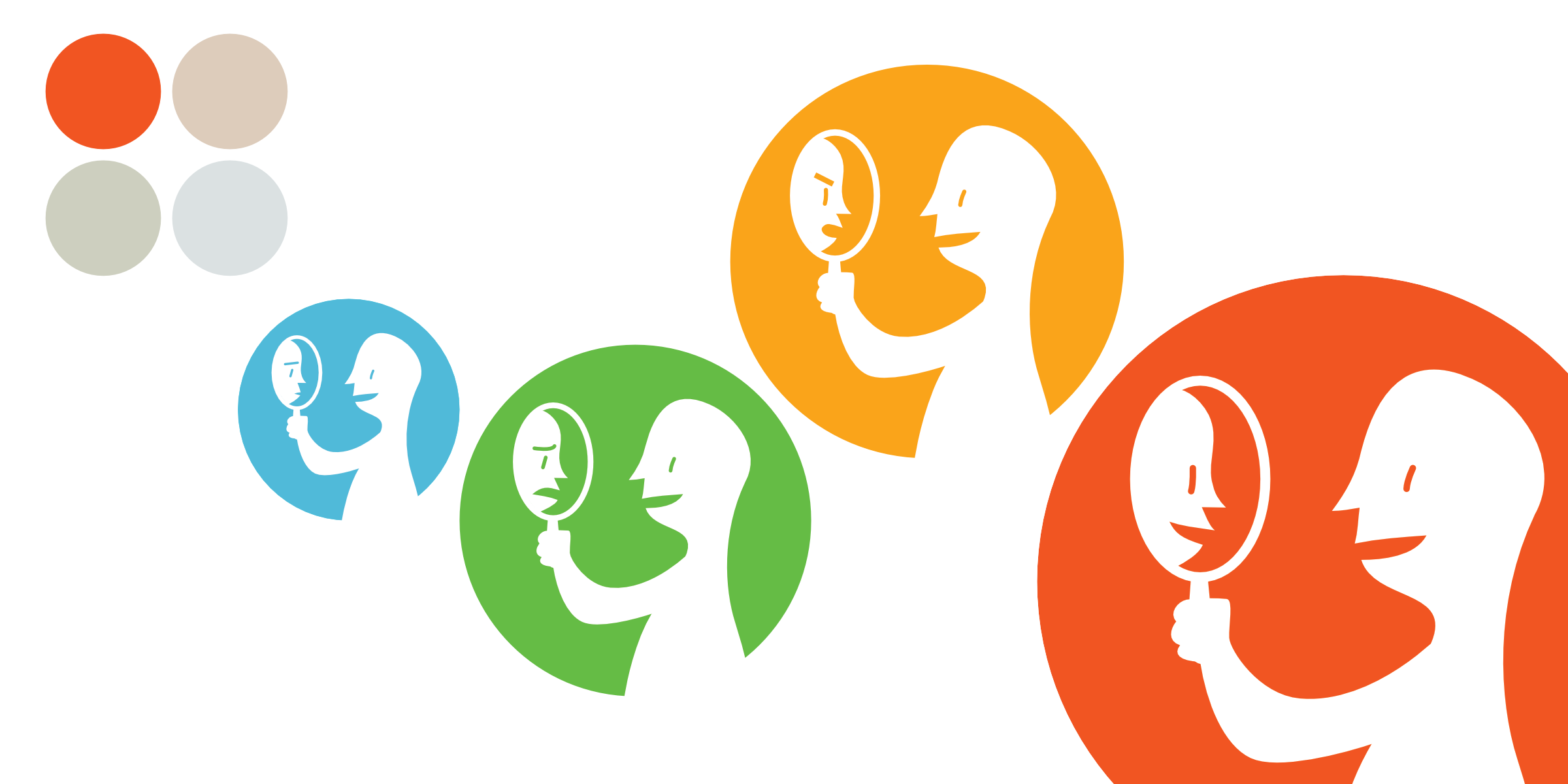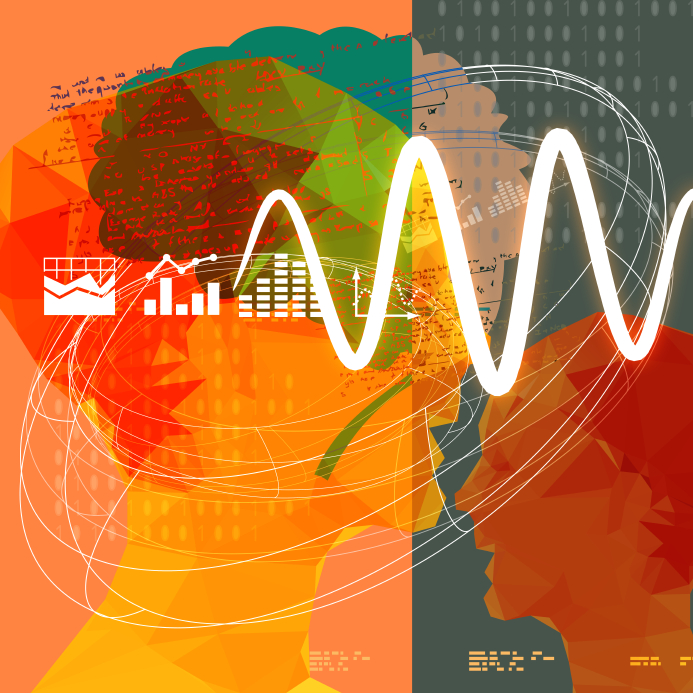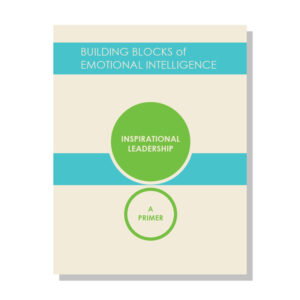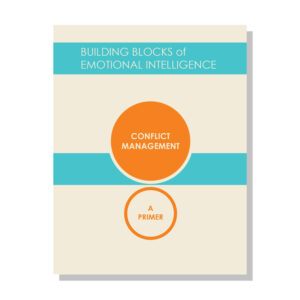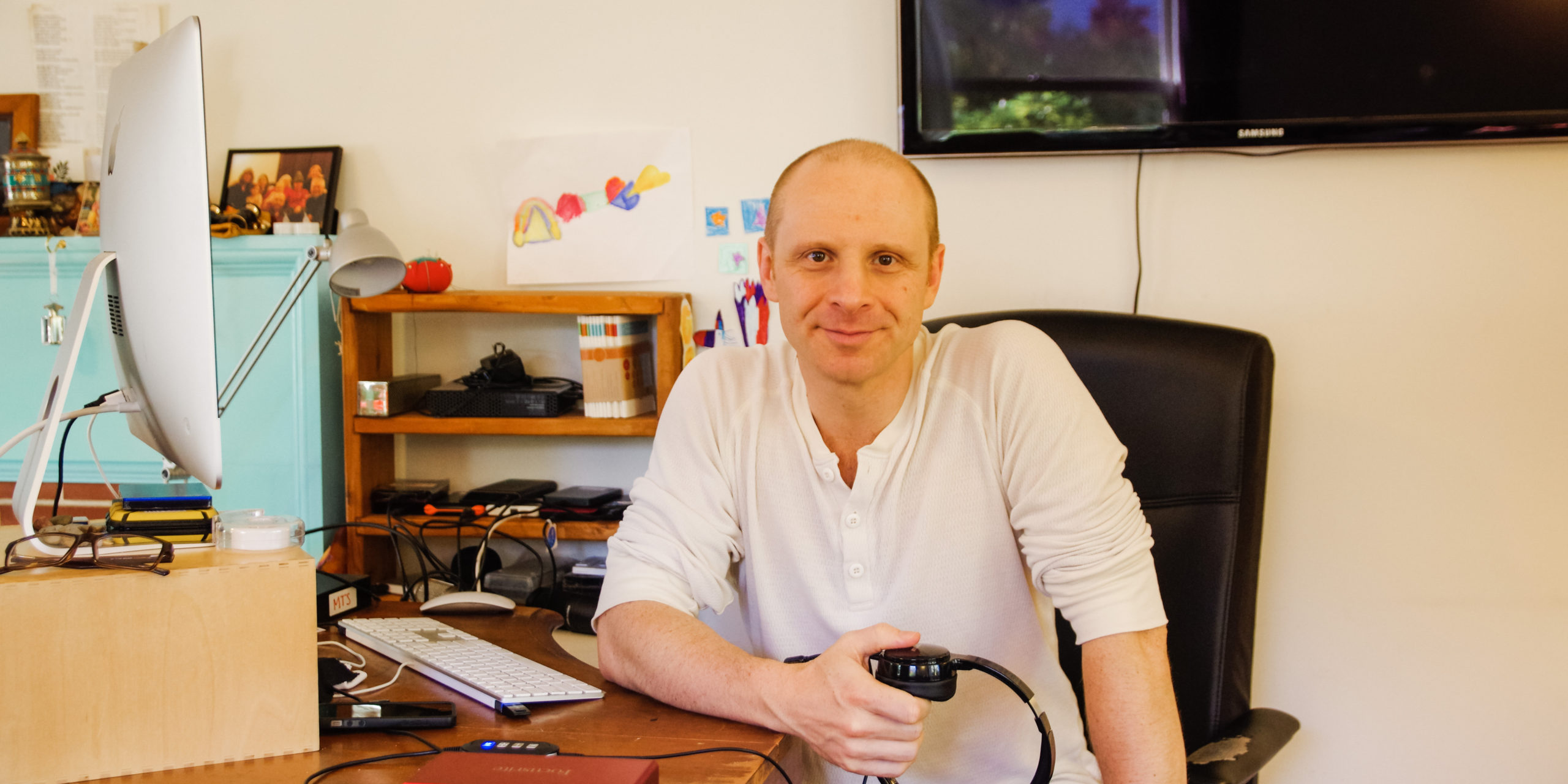
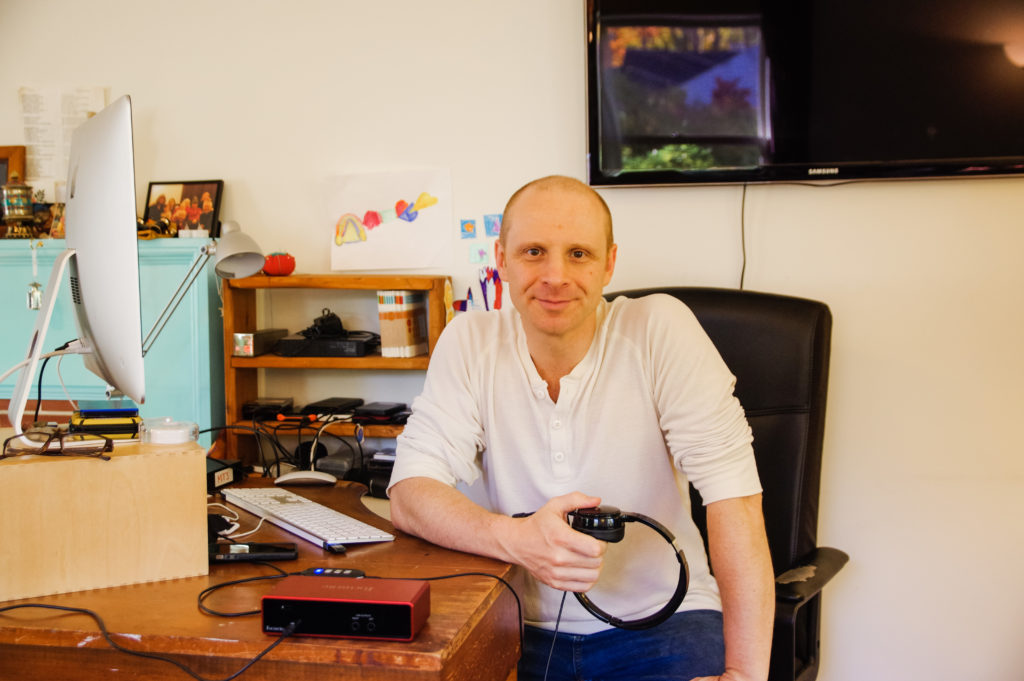
Dear Community,
I am pleased to announce a new chapter at Key Step Media: a podcast with Daniel Goleman on emotional intelligence!
Over the last few years, we turned our attention to widening access to practical emotional intelligence development by launching the training and coaching certification programs now housed under the company “Goleman EI” — programs which offer top notch EI programming for businesses and individuals.
Doing that work, we learned a lot: we reaffirmed the importance of EI; we watched hundreds of people benefit from concentrated EI training and coaching; and we connected to a deeper mission, which is to take this work as far as we can, well beyond the realm of leadership development and business.
This is why we are launching a podcast — First Person Plural: Emotional Intelligence and Beyond. Each episode will explore conscious and unconscious ways that our beliefs and ideas create the systems we are a part of. And in turn, we will look at the impact of those systems are on our daily lives. This podcast will go beyond EI theory, diving deep into the waters of how EI is lived and applied across cultures, industries, and communities of interest.
Why now?
From a growing annual fire season to widening income inequalities — from racism to a divided political landscape — the conditions we find ourselves in did not come out of nowhere. When I look at the world these days, much of what I see is the result of acting without self-awareness or regard for others. We are living the results of decisions, actions, and inactions that we, collectively, have either taken or tacitly endorsed.
This leads me to believe that now, more than ever, emotional intelligence must be integrated into the fabric of our life. If there is going to be change, we must first widen our understanding of ourselves and one another.
What’s the podcast going to be like?
My team and I are putting together a three-part podcast. In each episode you will hear from experts, game-changers and community members who will offer their thoughts on topics crucial to reinforcing EI in society. The structure for this podcast reflects my belief that it is imperative for us to have a clear conversation about the systems we are a part of — the networks and circumstances we live in willingly and unwillingly.
Systems dictate our choices. We must understand them and our role within them to create a more sustainable and just world.
When I reflect on the rise of an authoritarian mindset today in the US and around the world, I remember what my ancestors faced during the rise of fascism and Nazism in Europe.
I remember what marginalized communities have faced in the US all of their lives with the ongoing violations of their dignity and their rights.
Like so many others, I wonder “What can I do?” The scope of the situation is daunting.
Creating An Emotionally Intelligent Future
If emotional intelligence has taught me anything it is not to underestimate the power of shifting our mindset, even a little. From our mindset we begin to shift our behavior, allowing ourselves to take new actions in service of our deepest values — in service of our community!
Social change is a tall order for a podcast. But I do hope that First Person Plural can further the conversation, instill a sense of hope, and inspire action. I trust that, together, we can create a more emotionally intelligent future — one in which everyone is recognized and treated as valuable and given the resources to thrive.
I believe in humanity. I believe that we all want to thrive. When we pay attention, we can learn. We can find new ways to uplift us all.
As I write this I can hear my two children — home every day now — laughing in the background. Five and three, they bring tears to my eyes. I cannot do this podcast without thinking about the state of the world I want to see them grow up in.
There is hope. It is not over. We are still making decisions.
We are still creating the world that will become our future.
Thank you for being a part of this journey towards a wiser, kinder world.
Starting in November, keep an eye out for details about our podcast’s Kickstarter campaign. Scheduled to launch in early 2021, the first season will largely be funded by our incredible community supporters, like you. To learn more about the podcast, sign up for email notifications here.
With love,
Hanuman Goleman
Key Step Media Founder & CEO

